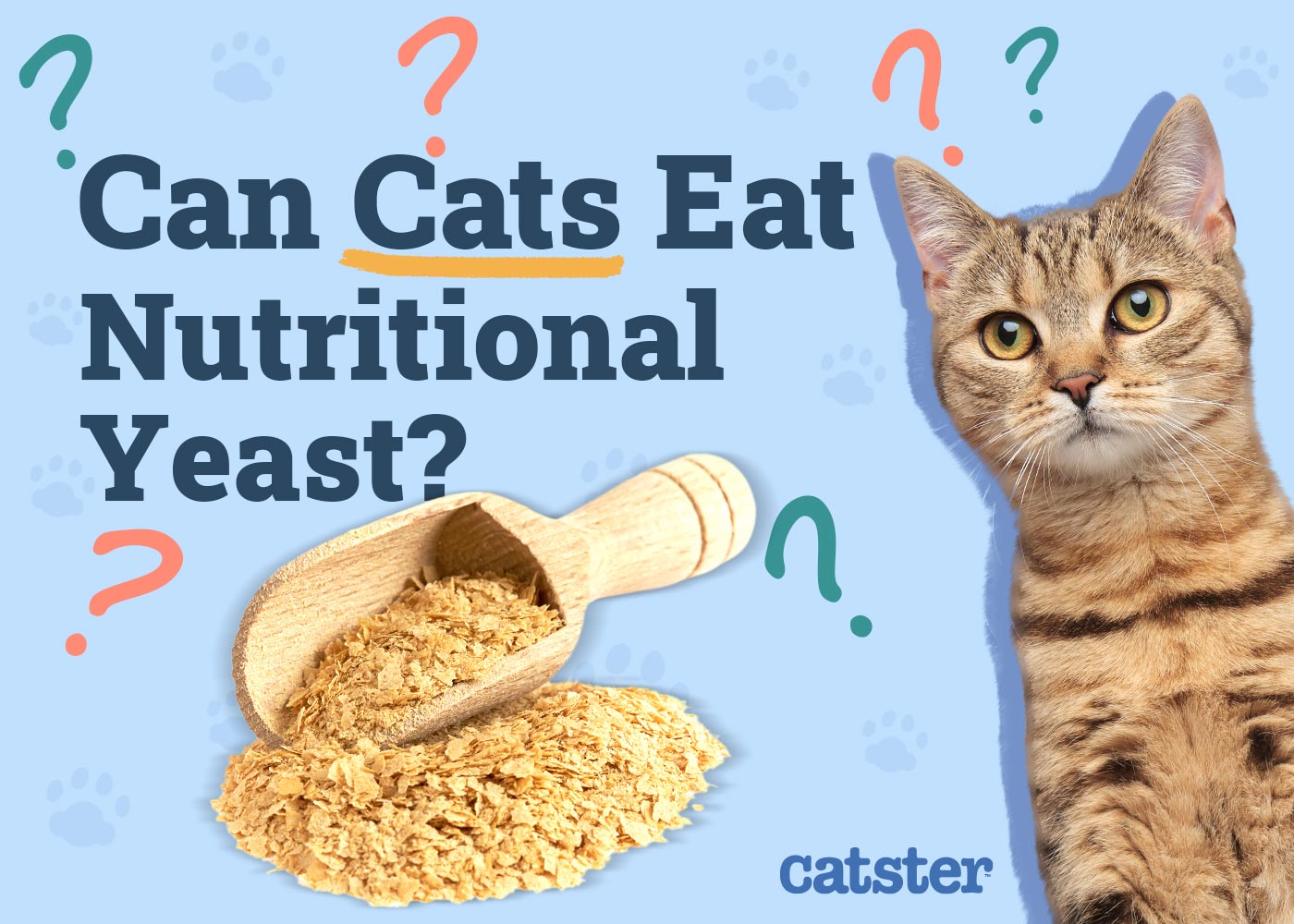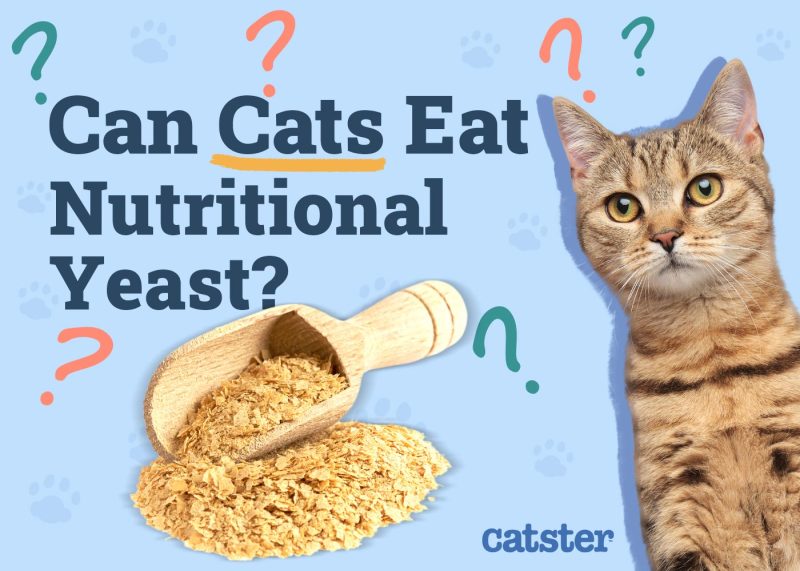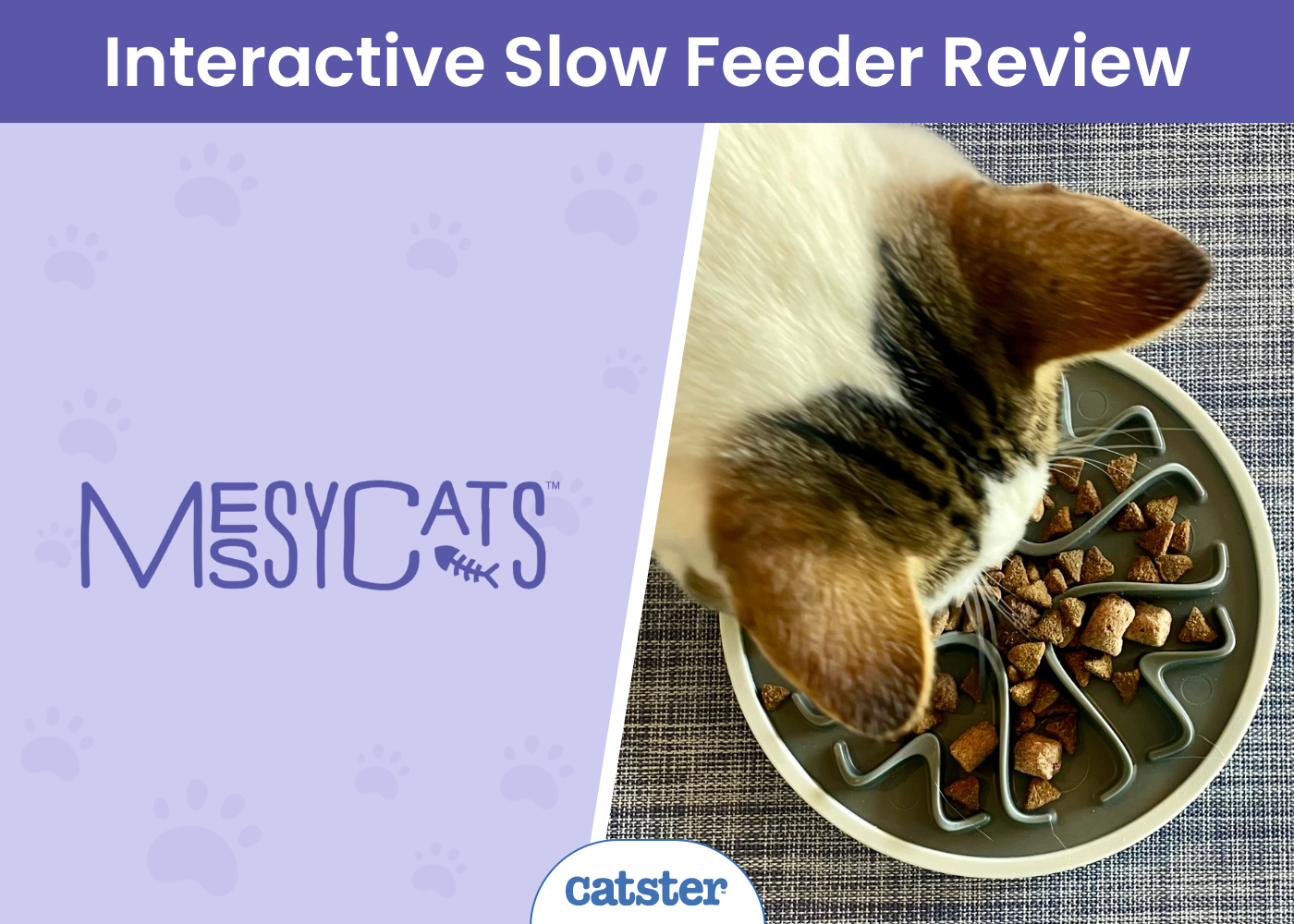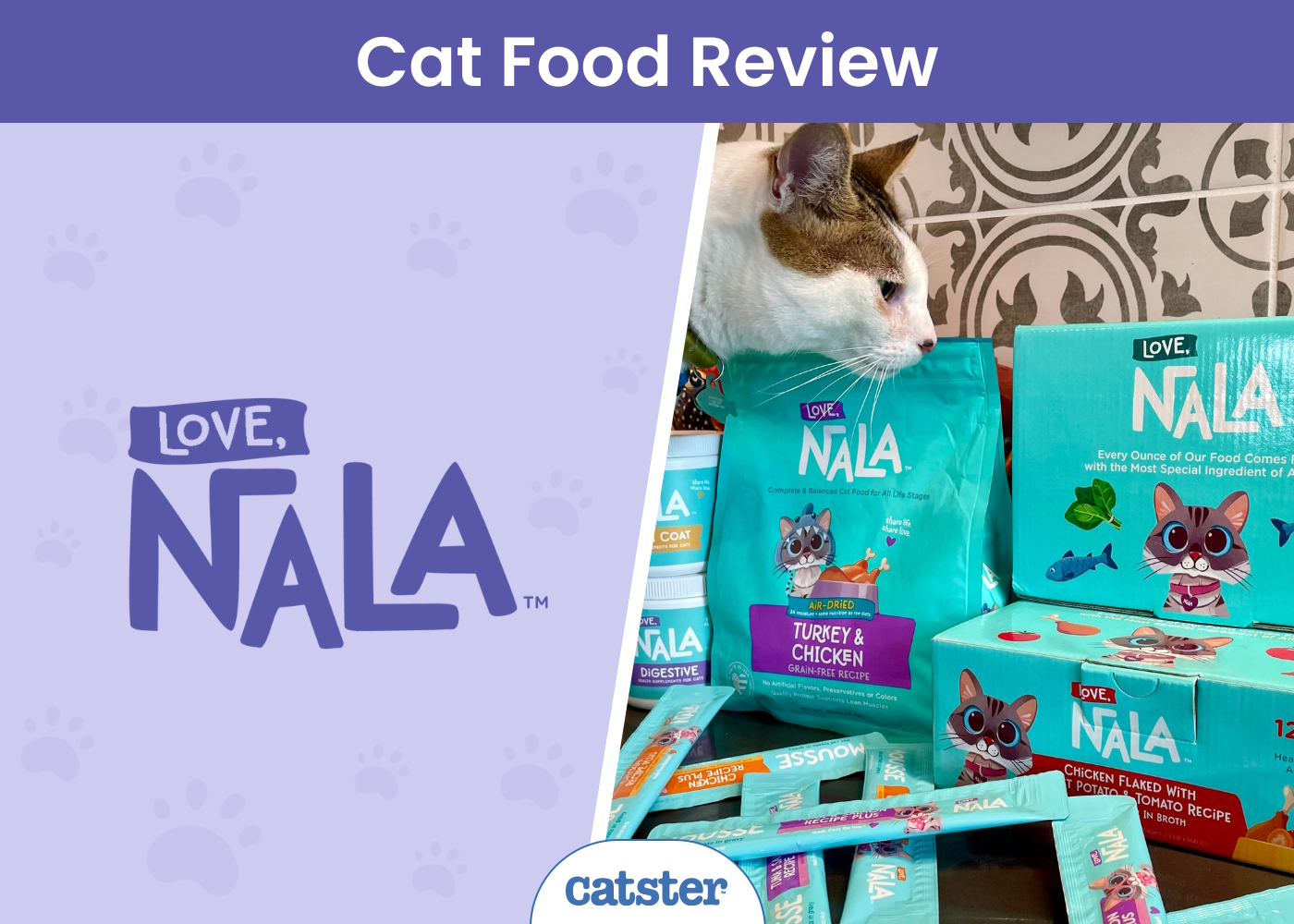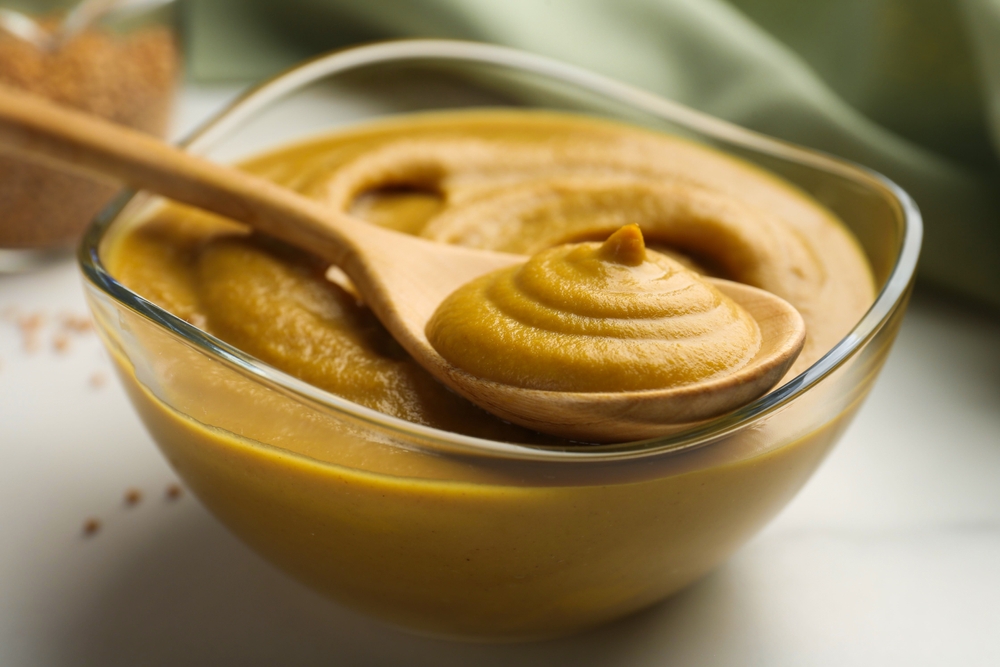Nutritional yeast is usually healthy for cats in moderation. Unlike baking yeast—which is highly dangerous to felines—nutritional yeast is deactivated yeast, which means it won’t ferment and rise in your cat’s stomach. Nutritional yeast is healthy in and of itself because it’s a good source of vitamin B and protein. However, most types of nutritional yeast are also fortified with other vitamins and minerals, which makes it an excellent meal topper for cats.
What Is Nutritional Yeast?
Nutritional yeast is made from Saccharomyces cerevisiae, which is a specific species of yeast. The process of making this food kills the yeast cells, which is why it’s also called deactivated yeast. Nutritional yeast is considered a healthy food. You can usually find it in holistic food stores or vitamin shops. Nutritional yeast is often used in vegan dishes as a cheese substitute because it has a savory, slightly bitter flavor. Plus, it’s naturally yellow, which is a perk for making vegan mac ‘n cheese with an authentic appearance.
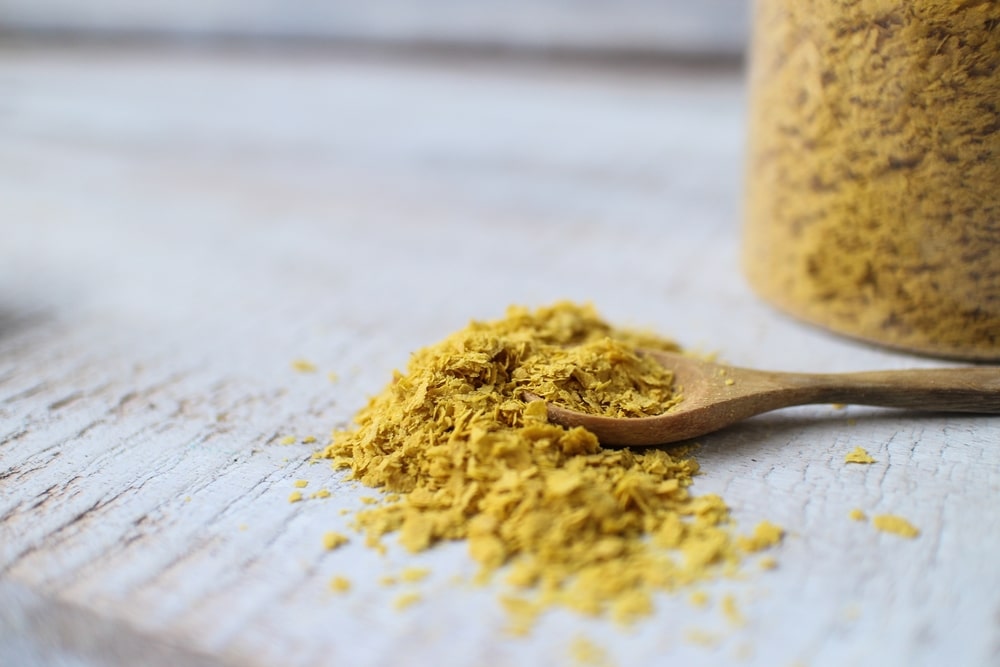
Is Nutritional Yeast Safe for Cats?
Nutritional yeast is generally thought to be safe for cats because it’s not a leavening agent. Since the yeast cells typically responsible for fermentation have been killed, there’s no way this type of yeast can produce alcohol or rise in your cat’s stomach.
Baker’s yeast is actually made from the same species as nutritional yeast. However, it’s completely different in nature because it’s an active leavening agent. Once activated, baker’s yeast is dangerous to cats. If your cat accidentally ingests baker’s yeast, it can rise in their stomach, causing painful bloating, which can lead to their stomach twisting, and potentially even death in some cases. The alcohol produced as a by-product of fermentation can also cause alcohol toxicity in cats, which can also be fatal.
If you think your cat has ingested baker’s yeast—or raw dough of any kind—you should call your vet immediately to see what to do next. Signs of alcohol toxicity include:
- Depression
- Hypothermia
- Tremors
- Rapid heartbeat
- Disorientation
- Seizures
If your cat has ingested yeast, do not wait to see if they’ll show signs of alcohol poisoning before calling the vet. Once the alcohol is in their system enough to show signs, their treatment options are more limited than if it was caught before the alcohol potentially caused damage.
Is Nutritional Yeast Healthy for Cats?
If your cat is already eating AAFCO-certified cat food, then in theory, they should already have all the nutrients they need for a well-balanced diet. However, like humans, cats can benefit from extra vitamins in addition to the nutrition coming from a healthy diet.
Nutritional yeast is a good source of vitamin B and protein. Vitamin B is essential to many functions in your cat’s body, including maintaining their red blood cells and supporting their nervous system. Like taurine, an essential amino acid cats can’t live without; vitamin B12 is a nutrient that must come from your cat’s diet since they can’t synthesize it.
Protein is also crucial to your cat. However, since cats are obligate carnivores, animal proteins are easier for them to process than plant-based proteins. Cats cannot survive on a vegan diet because they rely on meat to give them amino acids such as taurine. For these reasons, if you do feed your cat nutritional yeast, you should still make sure they’re receiving most of their daily protein from an animal source.
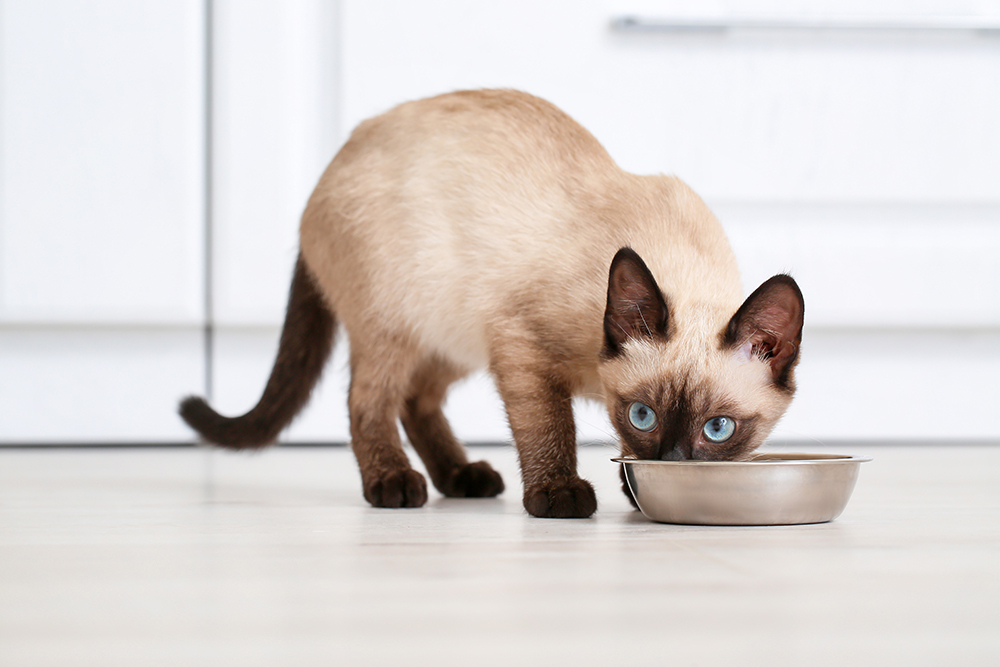
Do Cats Like Nutritional Yeast?
You never know what odd cravings your cat will acquire. From tuna fish to toilet paper, sometimes our cats like the darndest things. We won’t place any bets that your cat will love nutritional yeast due to their finicky nature, but it’s safe to say that some felines do enjoy the taste. Others, not so much. At the very least, its twangy flavor is a good thing to add to your own pasta dishes if your cat doesn’t prove to be a fan.
Should You Give Your Cat Nutritional Yeast?
Always consult a vet before giving your cat new supplements. Your vet will be able to tell you how much to feed them and inform you of any potential health concerns that your cat might have, which could make nutritional yeast an unwise idea.
One potential concern about giving your cat nutritional yeast is the high levels of phosphorus. Although phosphorus is a crucial mineral, too much of it can deplete your cat’s supply of calcium, leading to problems with their bones. There’s also evidence that a high phosphorus diet may be linked to kidney disease, which is the leading cause of death in cats over 5 years old. Additionally, dietary factors, including potentially excessive calcium and phosphorus intake, may have a potential linkage to urinary stones, although this condition is relatively rare in cats. Your vet will be the best source to determine which one of these scenarios is more of a risk for your cat and give you advice on how to make sure they stay balanced.
If you’re curious about what’s safe for cats to eat or have general questions about your feline’s nutrition or diet, it is recommended you speak to your vet.

If you need to speak with a vet but can’t get to one, head over to PangoVet. It’s an online service where you can talk to a vet online and get the personalized advice you need for your pet — all at an affordable price!
Conclusion
Unlike baker’s yeast, which is poisonous to your cat, nutritional yeast can be a good idea for a meal topper or supplement. Nutritional yeast lends a cheesy taste despite its vegan nature and is a good source of vitamin B, protein, and phosphorus. It’s also usually fortified with extra vitamins and minerals, which can give your cat some extra perks. In limited cases, nutritional yeast might not be a great idea, such as if your cat needs to limit their phosphorus intake. It’s always best to ask your vet first before adding or subtracting anything from your cat’s regular diet.
Featured Image Credit: Brent Hofacker, Shutterstock

